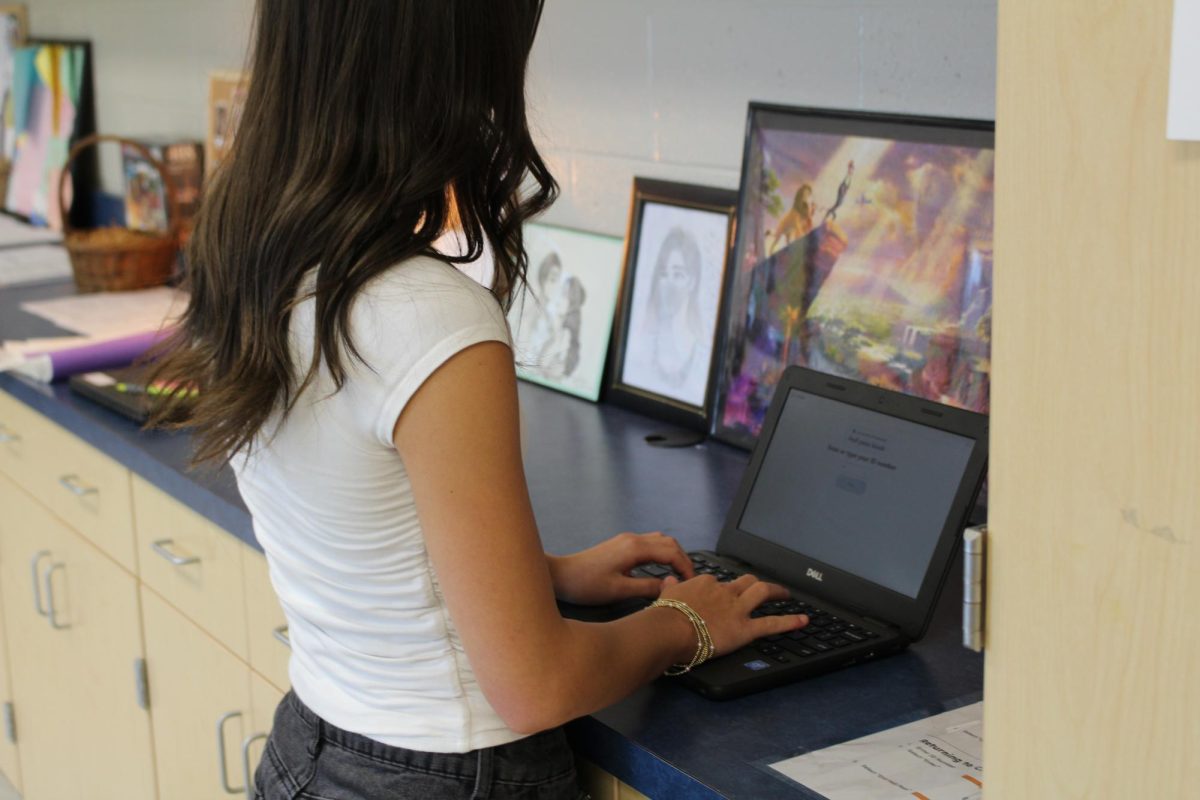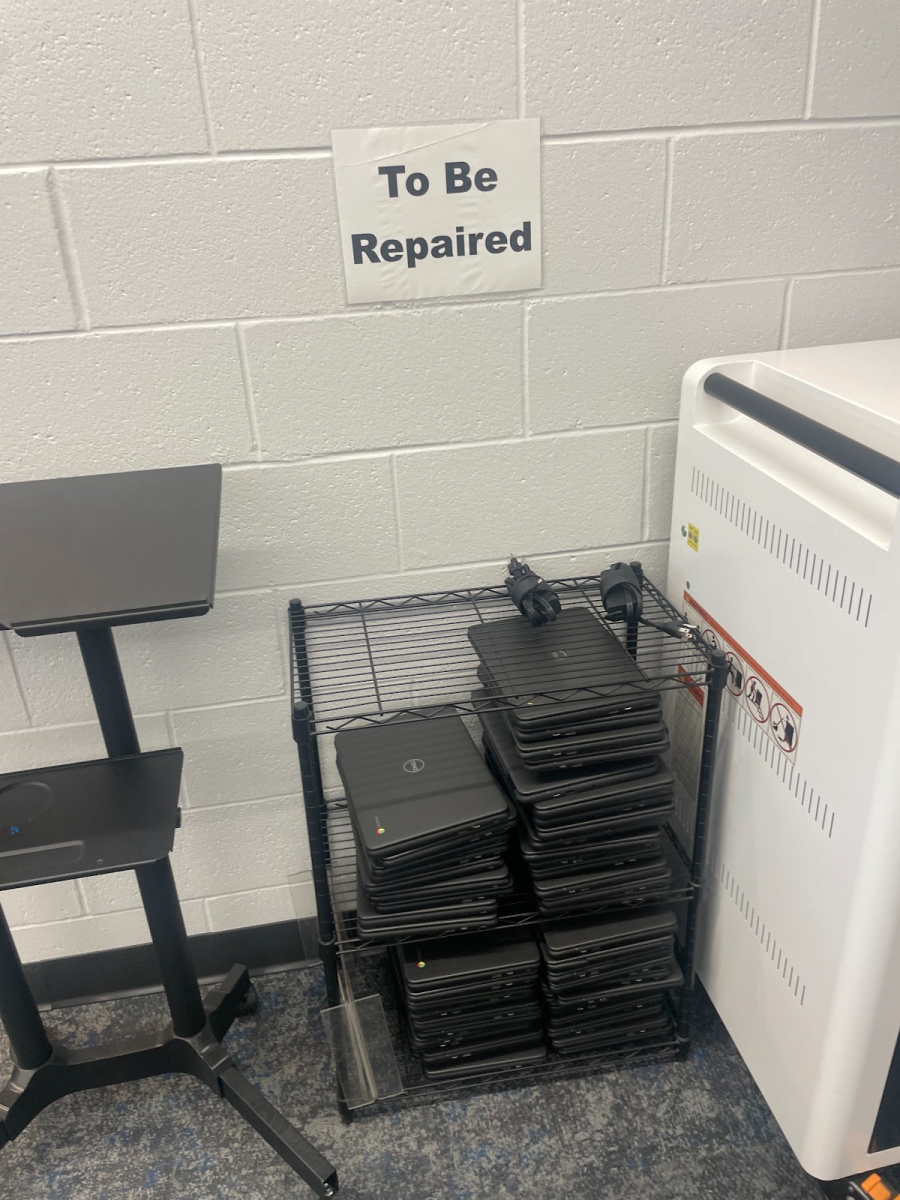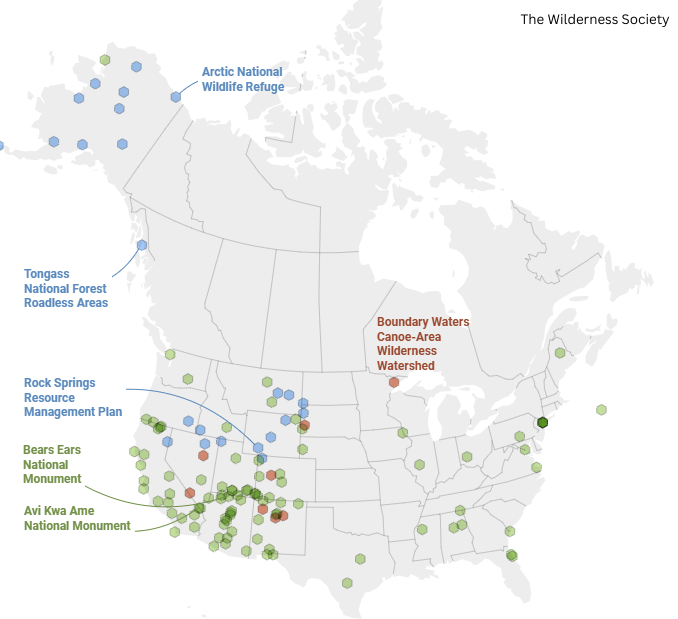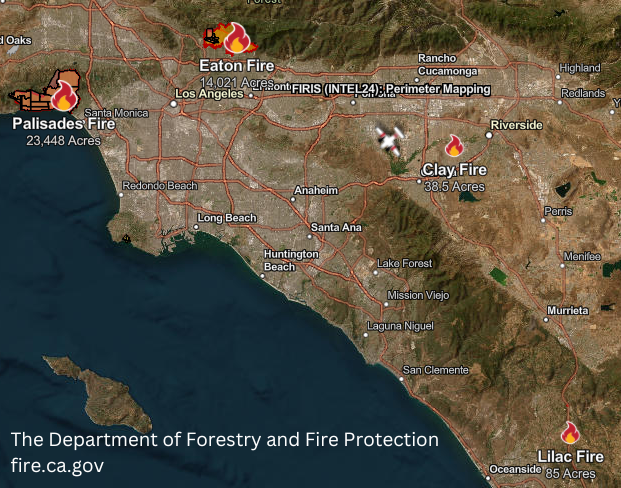Fear and confusion swept through The University of Arkansas on Monday, Aug. 25, after a false report of an active shooter prompted lockdown across the campus. Authorities claim the perpetrators of the incident intended to cause chaos throughout campus.
While quick response time from law enforcement was praised, hoax calls were still a major concern at hand, for both students, faculty and loved ones.
“Once we were informed that the entire event was a false alarm, I felt relieved, but also shocked because I quickly realized that our false alarm was possibly connected to the false alarm at the University of South Carolina and the University of Tennessee that was happening at almost the exact same time as ours,” said Nolvin Carranza, University of Arkansas student.
The University of Arkansas campus was rigid and tense for law enforcement, students and faculty. The concern of a shooter is a significant threat to many students. Many people are concerned about distinguishing genuine emergency calls from false alarms.
“It was traumatizing for some students and parents. I reached out to my students by email to check in on them. We talked about the response in classes. The university offered counseling. It was almost the 25th anniversary of an actual shooting in Kimpel Hall. A professor was killed in this building. We recognize that schools and colleges can be targets. We have to be vigilant,” said Gina Shelton, director of the Center of Media Ethics and Literacy at the University of Arkansas.
In light of the recent influx of recent alarms, many students worry that a real situation may not be taken as seriously.
“I think we as a nation need to learn that sometimes it will not just be a drill, and these things happen more times than they should. Regardless of it being a hoax, people need to learn what empathy is, because you don’t want your child or family member becoming a victim of something greater,” a statement made by an anonymous student at University of Arkansas.
A concern for most people is, what happens now? Or more importantly, how will law enforcement take precautionary measures in order to ensure the safety of both students, faculty, and natural residents of the surrounding area of the University of Arkansas?
“I was in one of my broadcasting classes in the newsroom when one student, who was on their phone, got a RazAlert saying that an active shooter was at Mullins Library, “ Carranza said.
For many students, the challenge of identifying credible versus unreliable information can lead to mistakes in both their academic work and their personal lives.
“If there is a positive, it’s that colleges are re-evaluating their procedures to make sure they are ready in case there is an actual assault. There are also lessons for journalists about detecting fake news on social media and being ethical in reporting. On that day, the work of student journalists was incredibly important to keep people informed,” Shelton said.







